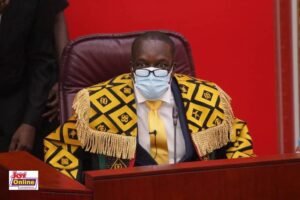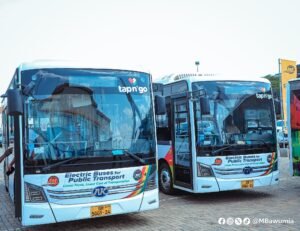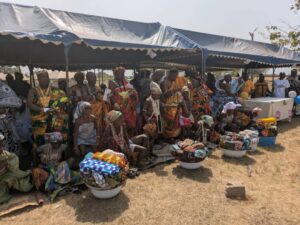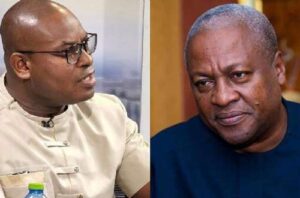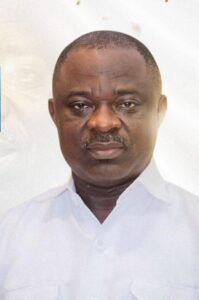
The Majority Leader and Minister of Parliamentary Affairs, Osei Kyei-Mensah-Bonsu, has advocated the decoupling of the Legislature from the Executive, saying that will be one of the ways to enhance public trust in Parliament.
He said after repeated talks with Parliament’s core leadership, it was realised that Ghana’s mixed Westminster-Presidential system of administration had outlived its usefulness.
Speaking at a press conference yesterday in Accra, the MP for Suame explained that the hybrid system was created to alleviate the “jealousy and covetousness” of Members of Parliament who believed their efforts to bring their party to power had gone unnoticed.
“You’ll recollect that on December 31st, 1981, the coup that swept away Limann’s administration was occasioned, in the main, by the disagreement among the ruling party members themselves. At the time we had strict separation of powers.
“Limann had all his Ministers from outside Parliament and the Members of Parliament, many of them, thought that the Ministers who had come onboard were not involved in the fighting that occurred in the trenches. They fought for victory, and when victory came, the President brought people from outside who were not involved in fighting for the party to win the general and presidential elections and made them Ministers,” he explained further.
He added: “And when they went to the Ministers to discuss issues, they had to wait sometimes 3-4 hours because the Ministers would not see them. So, the budget of Limann came to Parliament and the ruling party members were at the forefront to reject the budget.
“Out of petty jealousies and covetousness, and learning from that experience, and to have harmony, a very smooth and harmonious working relationship between the party in Parliament and the ruling administration, then we had this (the hybrid system) inserted into the Constitution.”
He admitted that, indeed, the hybrid system had come to stabilise governance in the country. However, due to current trends in the country, it is time to go back to the strict separation of powers.
Revenue mobilization
The Minister of Parliamentary Affairs also advocated the need for the citizenry to appreciate the government’s revenue mobilisation effort.
Referring to the proposed e-levy, he noted that the GHC6.9billion projected to be raked into the government coffers would help to bridge the debt to GDP ratio of the country and help build the economy.
Mr Kyei-Mensah-Bonsu said while Ghanaians bemoan the fact that there is high public debt stock, they must also be equally concerned about the need to mobilise enough revenue to develop the country since “nobody will develop this country for us than Ghanaians themselves.”
He said during an engagement with civil society organisations (CSOs) in 2020, they identified non-payment of taxes by some professional bodies as well as low levels of internal revenue mobilisation as some of the issues hampering the economic growth of the nation.
He added that it is surprising that the opposition now steps forward to say that the country’s debt to GDP ratio has escalated, without admitting that “we must look inwards and mobilise resources from the country to develop.”
“People say we would not allow you borrow money from outside and also raise revenue from within the economy. So where are we going? Do we want development or not? Do we want our roads to be built or not?” he queried.
Escalating cost
The Minister noted, for instance, that the cost of road construction and maintenance had escalated over the past 20 years, adding that for the same period the road network of this country had doubled.
He said from 2000-2021, Ghana’s road network has increased from 39,000km to 79,000km, adding, “When President Kufuor took over the administration of this country, the total road network in this country was 39,000km; when he was leaving the scene, the road network had almost doubled from 39,000 to 69,000km over eight years.”
“There were roads in the countryside that were not part of the national road network. It was Kufuor that brought all of them into one basket. So feeder roads were enriched, so we had huge number of kilometers added to feeder roads and that was how the road network increased.
“The NDC assumed the reins of power, they added on to that: from 69,000 to 73,000km, an increase of 4,000km. Akufo-Addo’s first four years increased from 73,000 to 78,000km. So for over the past two decades, from 2000-2021, the road network has increased over 100 percent and, as we speak today, 79,000km,” he further explained.
Mr Kyei-Mensah-Bonsu added: “We need to maintain, service and build new roads. Where do we get the money to do the maintenance if we don’t mobilise resources from within?”

